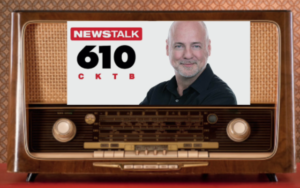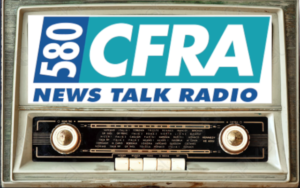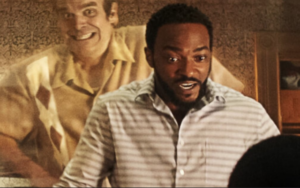GRAN TURISMO: 3 STARS. “exciting manifestation of dreams coming true.”
 Sometimes truth is truly stranger than fact. “Gran Turismo: Based on a True Story,” a new anything-is-possible movie, now playing in theatres, is the unlikely, but true, story of Jann Mardenborough, a gamer who defied expectations in the real world. “Listen son,” says his father Steve. “You think you’re going to play your stupid video games about cars, and you’re going to become a race car driver?”
Sometimes truth is truly stranger than fact. “Gran Turismo: Based on a True Story,” a new anything-is-possible movie, now playing in theatres, is the unlikely, but true, story of Jann Mardenborough, a gamer who defied expectations in the real world. “Listen son,” says his father Steve. “You think you’re going to play your stupid video games about cars, and you’re going to become a race car driver?”
When we first meet Jann (Archie Madekwe) he’s a nineteen-year-old underwear salesperson, who, when he isn’t selling briefs, spends his time playing Gran Turismo, a racing simulation video game that emulates the experience of elite car racing. He dreams of getting behind the wheel for real, but will his thousands of hours on the simulation translate to the real world?
He gets a chance to find out the answer to that question when Nissan motorsport executive Danny Moore (Orlando Bloom) proposes a wild marketing idea. He wants to gather the best Gran Turismo players, train them at Nissan’s GT Academy, and, under the watchful eye of crusty trainer Jack Salter (David Harbour), enroll them in real life races. The winners of the competition will earn a spot on Team Nissan and a “place in history.” Jann’s high scores catch Moore’s attention, and after a qualifying simulation, Jann is off to the races. Literally.
Despite initial setbacks, the disdain of pit crews and the other drivers who consider him a novelty, a simulation driver playing in the big leagues, Jann excels and finds himself pitted against Europe’s finest drivers.
“Gran Turismo: Based on a True Story” is essentially a series of races with some family drama, a hint of romance, some twisted metal and flying tires and heaping loads of product placement and sports cliches wedged in between. It’s a crowd pleaser with some fist-in-the-air moments, but emotionally, it’s on cruise control.
Director Neill Blomkamp never strays from the traditional underdog sports movie formula.
Mardenborough’s story is remarkable. Unfortunately, the telling of it isn’t as remarkable. It goes pedal to the metal on sports cliches—“I’m going to push you harder than you’ve ever been pushed before,” roars Salter.— and follows the same path to the big race as many others have taken before.
But sports movies are never really only about the sport. They are about universal themes, like, in this case, an underdog following his dreams. On that score, “Gran Turismo” works well enough. The story itself is manipulative, but when the movie is speeding around a track at 200 miles an hour, it is an exciting manifestation of Mardenborough’s dreams coming true. When the characters are talking, it is more a cavalcade of cliches and easy exposition.
Of course, there are exceptions. For example, Mardenborough listens to soft rock to psyche himself for races, leading Salter to bellow, “You take all that Kenny G anger and you release it.” It’s a good, funny line and it ranks up there with my other favorite movie line, “I’m from Waterloo, where the vampires hang out,” from “Blackberry” earlier this year.
It’s hard to dislike a movie as relentlessly upbeat as “Gran Turismo: Based on a True Story.” As the cars whiz around the track it is all forward momentum in service of the inspiring story. It’s just a shame that the human parts of the tale aren’t as immersive as the racing scenes.








